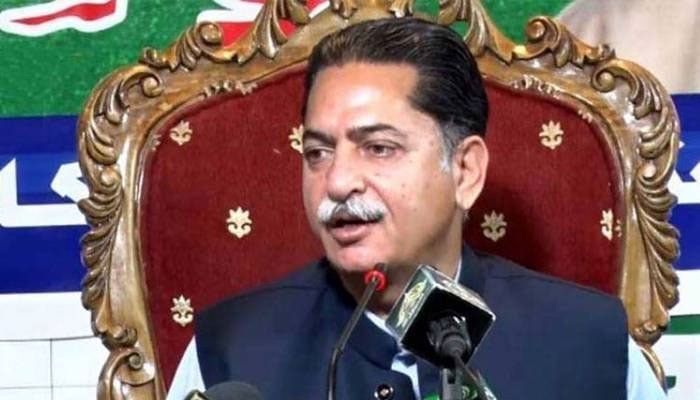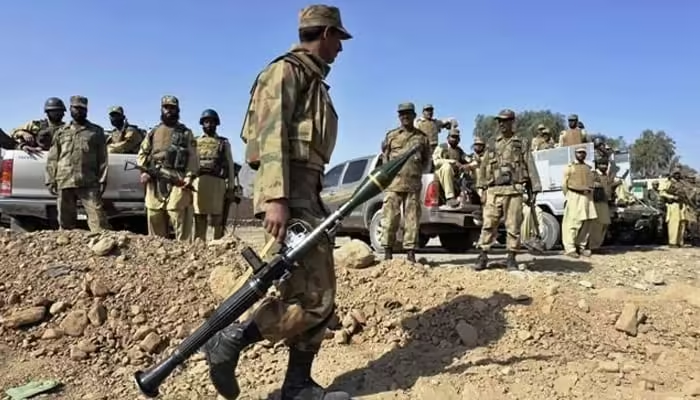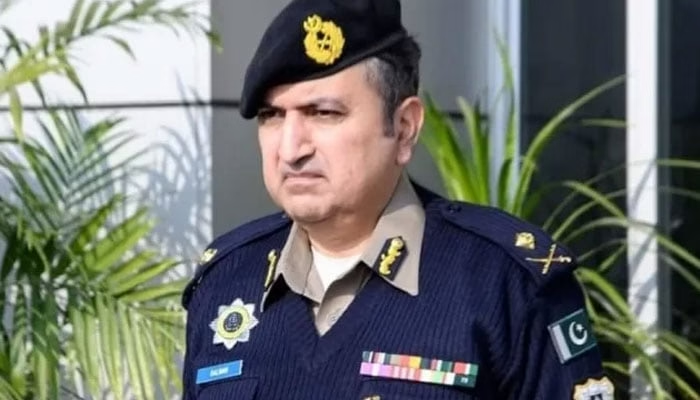During a media interaction in Lahore, Javed Latif, a leader of the Pakistan Muslim League-Nawaz (PML-N), emphasized the party’s commitment to sincerity and integrity in its selection process, particularly regarding the issuance of party tickets.
Latif acknowledged the prevailing uncertainty on economic, political, and foreign fronts within the country. He criticized policymakers for their reluctance to admit mistakes, contributing to the current challenging circumstances.
Highlighting the financial aspect, Latif pointed out that substantial amounts were spent on creating narratives on social media. He hinted at possible foreign involvement in the narratives, questioning whether such tactics could intimidate the armed forces.
Addressing the events of May 9 and 10, Latif characterized the attacks as a moment of concern for institutions, emphasizing the need for collective contemplation. While other parties focus on the “Good Governance Day” and challenging Nawaz Sharif’s nomination papers, he underscored that no one is questioning the strategic projects initiated in 2017 and 2018.
Latif commented on the elapsed time since those incidents, indicating that the ‘Plant Trees’ program cannot be sustained now. He also raised questions about the actions of Zulfikar Ali Bhutto and Nawaz Sharif against defense institutions in 2018.
Turning to the current electoral climate, Latif noted the heightened rhetoric surrounding nomination symbols. He lamented the absence of support for PML-N and claimed that those who lose will face humiliation. He conveyed a sense of being unjustly targeted, suggesting that the sword of disqualification looms over those who are deemed unsuccessful.
In a further revelation, Latif disclosed that a figure from Chakwal subjected him to severe violence, yet he refrained from naming the individual.
Javed Latif’s statements reflect the intricate web of political, economic, and social dynamics in Pakistan. The emphasis on transparency in the party’s selection process and the critique of the current state of affairs contribute to the ongoing discourse on accountability and responsibility within the political landscape. The mention of personal threats and violence adds a layer of complexity to the broader narrative, highlighting the challenges faced by political figures in a multifaceted environment.



